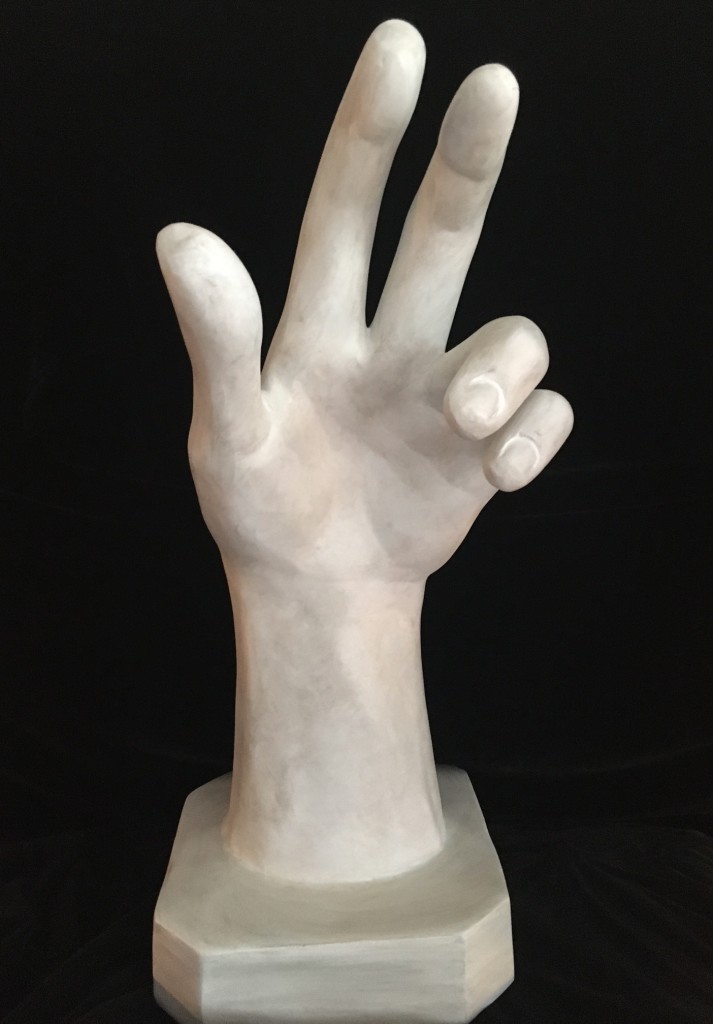 As a compliment to our piece in Rose’s Ridge about trigger warnings and microaggressions on college campuses, the below paragraphs from an op-ed in the Wall Street Journal, written by Helaine L. Smith, a teacher of English at a school in New York City, provides a glimmer of hope:
As a compliment to our piece in Rose’s Ridge about trigger warnings and microaggressions on college campuses, the below paragraphs from an op-ed in the Wall Street Journal, written by Helaine L. Smith, a teacher of English at a school in New York City, provides a glimmer of hope:
“What I hope my students are learning is a lesson that is not political but is essential for politics: that one must support assertions with proofs, that one must consider counterarguments, that it’s necessary to listen to what others say and that doing so may allow you to strengthen, or force you to alter, what you think.
“In other words, in a modest way, we are disciples, generations removed, of John Milton’s ‘Areopagitica,’ of the belief that truth, or as much of it as we can grasp, is arrived at not through trigger warnings but through discussion and through debate that turns on details.
“We are running hard against the current, but my students don’t know that. My aim is to teach them to love great writing and to take pleasure in the habits of mind that close reading demands. These are also the habits essential for an informed citizenry. I’m reassured that I send forth young adults who, whatever political positions they adopt, will question before they conclude, and will respect others’ rights to question and to conclude otherwise.”
Additionally, the ancient philosophers, as evidenced by the Socratic method of teaching, offered an abundance of wisdom on teaching, thinking and learning that are forever prudent to keep in mind:
SOCRATES (469-399 BC)
- “I cannot teach anybody anything, I can only make them think.”
- “Education is the kindling of a flame, not the filling of a vessel.”
PLATO (428-348 BC)
- “The soul is like an eye: when it sees that on which truth and Being shine, the soul perceives and understands, and is radiant with intelligence.” – The Republic
- “Until philosophers are kings, or the kings and princes of this world have the spirit and power of philosophy, and political greatness and wisdom meet in one, and those commoner natures who pursue either to the exclusion of the other are compelled to stand aside, cities will never have rest from their evils, nor the human race, as I believe, and then only will this our State have a possibility of life and behold the light of day.”
ARISTOTLE (384-322 BC)
- “All men by nature desire to know. An indication of this is the delight we take in our senses.” – Metaphysics
- “It is the mark of an educated mind to be able to entertain a thought without accepting it.”
- “Excellence is an art won by training and habituation. We do not act rightly because we have virtue or excellence, but we rather have those because we have acted rightly. We are what we repeatedly do. Excellence, then, is not an act but a habit.”
Continue delving into all things life wisdom with:
-
Gift from the Sea
-
Social Graces: Words of Wisdom on Civility in a Changing Society
-
8,789 Words of Wisdom
-
Grit: the Power of Passion and Perseverance
-
Originals: How Non-Conformists Move the World
-
The Road to Character
-
The Shepherd’s Life
-
Napoleon: A Life
-
Life’s Journey According to Mister Rogers
-
the Knights Code of Chivalry
-
living the aloha spirit
-
and from these military excerpts, creeds and poems
-
in addition to these quotes about the importance of planning
-
finally, a personal message for college graduates